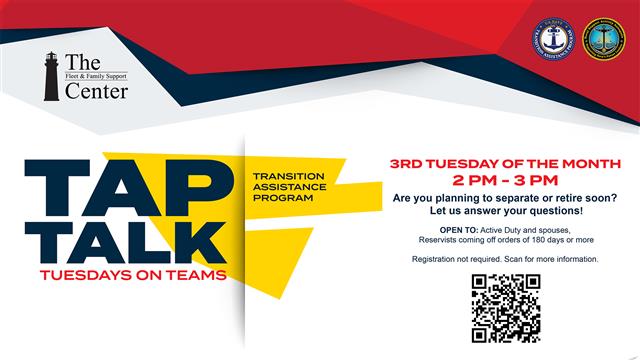In 2013 in the U.S. 10th leading cause of death in all populations, the 2nd leading cause of death for those aged 15-34 and the 4th leading cause of death for those aged 35-44 is suicide.
FACT: Military suicides continue to occur in both active duty and Reserve components.
DID YOU KNOW? Firearms are the most commonly used method of suicide among males.
One of the many reasons Sailors do not speak up about their feelings of hopelessness is because they fear negative perceptions. By starting a discussion, you are not giving a suicidal person morbid ideas or increasing risk. Discussing suicide does not encourage suicide-related behavior. In fact, the opposite is true – bringing up the subject of suicide and discussing it openly is one of the most helpful things you can do. Most people with suicide-related behaviors are open to helpful intervention.
Research shows that those considering suicide usually identify multiple reasons; ideations and attempts should all be taken seriously and not downplayed. In addition, most people who attempt or die by suicide have given some warning. No matter how jokingly it’s said, statements like “You’ll be sorry when I’m dead” or “I can’t see any way out” may indicate serious suicidal feelings that shouldn’t be ignored.
What is SAIL?
- SAIL is an outreach effort that provides rapid assistance, ongoing clinical case management, and care coordination and reintegration assistance for Sailors identified during the 90 days after a suicide-related behavior (SRB), the period of highest risk.
- SAIL is not a form of treatment.
- SAIL strengthens the impact of existing mental health treatment and other support by providing coordinating clinical case management services.
- SAIL increases compliance with existing mental health services.
- Risk assessment is continuously updated through a series of caring contacts for a minimum of 90 days.
- A Sailor's participation in SAIL is voluntary.
- Sailors are empowered by the opportunity to strengthen their coping skills.
- SAIL procedures are heavily informed by research findings and recommendations.
If you or someone you know is in need of immediate assistance, use the Military Crisis Line. CALL
CONUS: Military Crisis Line 24/7 at 1-800-273-TALK (8255) and Press 1
OCONUS: Europe: Call 00800-1273-TALK (8255) or DSN 118 (The toll-free service in Europe may not be available through all carriers or in all countries.) Korea: Call 0808-555-118 or DSN 118, Afghanistan: Call 00-1-800-273-TALK (8255) or DSN 111
-TEXT 838255 to be connected to a crisis responder.
-CHAT ONLINE at www.militarycrisisline.net.
- Contact our local Navy Fleet and Family Support Center (FFSC) at 410-293-2641
To learn more about the specifics of SAIL - click here to download the brochure.
 arrow down
arrow down













